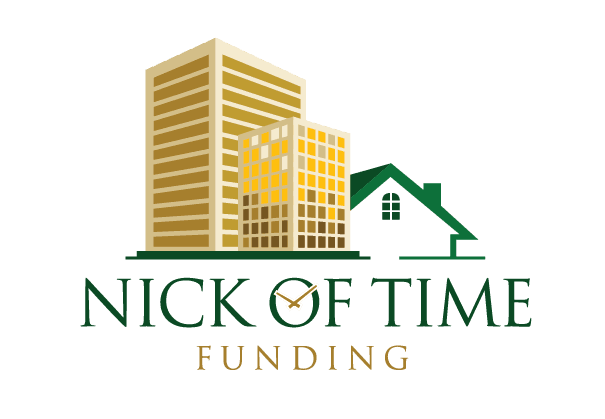
Learn and Grow
Our courses are designed to help our network of clients take their organizations to the next level. Not only do we provide courses to keep you up to date on industry trends, and resources, but we connect our network to people that they need to know.
Whether you are a solopreneur flipping houses or a 10 person operation buying commercial, we have the right course and connections for you.

FUNDAMENTALS OF REAL ESTATE INVESTING AND FINANCING |
This class covers the basics of financing including; definitions, deal analysis, terms/cost, tips for working with contractors. |

REAL ESTATE CE CLASSES for REALTORS & AGENTS |
The Lending District Presents “The Fundamentals of Real Estate Investing and How to get Financed.” Earn 3 CE Credit Hours. |

REAL ESTATE MENTORSHIP PROGRAM |
Unlock the playbook to profitable real estate investing with hands-on guidance. Real projects, Real coaching, and Real results. |

FINANCIAL FREEDOM AND REAL ESTATE INVESTING |
Become Time and Financially Independent, Using Real Estate Investing |

REAL ESTATE INVESTING 360 |
Receive a foundational education in this course. Learn the tools and players of the trade, review case studies, review terminology, and learn about the best resources for continuing real-estate education. |

BUSINESS CREDIT |
Learn how to build and use Business Credit to purchase Real Estate without using a personal guarantor. |






Terminology
Personal Guarantor A person who agrees to assume responsibility for any remaining owed amounts on a loan should there be any.
Total Project Cost (TPC) The purchase price plus your rehab budget.
Loan to Value Ratio (LTV) The comparison of the size of the loan you are requesting compared to the appraised of the value of the asset.
Example: Assume you want to buy a home worth (value) 100k, you have 20k as a down payments, you will borrower 80k your loan to value is 80%.
Loan to Cost Ratio (LTC) This measures the ratio between the total loan amount and the total cost of the project (purchase and the rehab budget) This is the calculated by the loan amount divided by the rehab budget)
Example: Assume the purchase price is 75k and the rehab budget is 25k the total project cost is 100k. Total project cost 100k – 20k down payment = 80k /100k = 80% LTC.
Appraisal A professional assessment of how much a house is currently worth or going to be worth, after a renovation is completed.
Comparable (Comps) A real estate appraisal term referring to properties with similar characteristics to the subject whose value is being determined.
Square Footage of the home
Typically, within one mile of the subject property
Most recent sales price preferably within 6 months
Number of bedrooms and baths
After Repair Value (ARV) The value of a property after it has been improved, renovated or fixed up. It is the estimated future value of the property after it has been repaired.
As-is Value The value of a property as it exists legally and physically, as of the effective date of value.
Scope of Work This is an outline of all the renovations scheduled to be completed before the house is sold, as well as their anticipated costs. The SOW also gives a timetable of when the service provider expects each component of the rehab to be completed.
Settlement Charges Total cost charged to the borrower that is paid at closing. These include but are not limited to lender’s fees (origination), broker fees, title/attorney fees, pre-paid interest, builder’s risk insurance, and down payment.
Origination Points Fees paid to the lender and broker for the evaluation, process, and approval of the hard money loan.
For example – 1 origination point is equal to 1% of the loan amount, 1-point origination of 100k loan amount is 1k.
Builder’s Risk Insurance This is the insurance required by the lender that covers the construction materials, equipment and property related to the building being constructed. Typically, 1 to 4% of construction cost and is paid in full for 12 months at closing.
Draw Schedule: A payment plan for construction or renovation projects. This schedule helps lenders determine when they are going to distribute funds to their borrower based on the value of the work completed.
Distressed Properties: Properties that are in poor condition or under siege financially (which may include foreclosure); they usually represent great opportunities for fix and flip investments.
Exit Strategy: How the borrower plans to pay off the loan, as well as turn a profit. Having a clear exit strategy is an important part of developing your overall plan for the project which will help determine the best type of financing for the deal.







